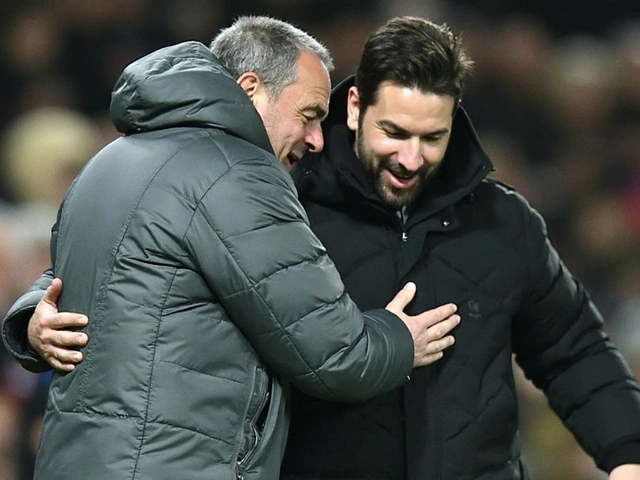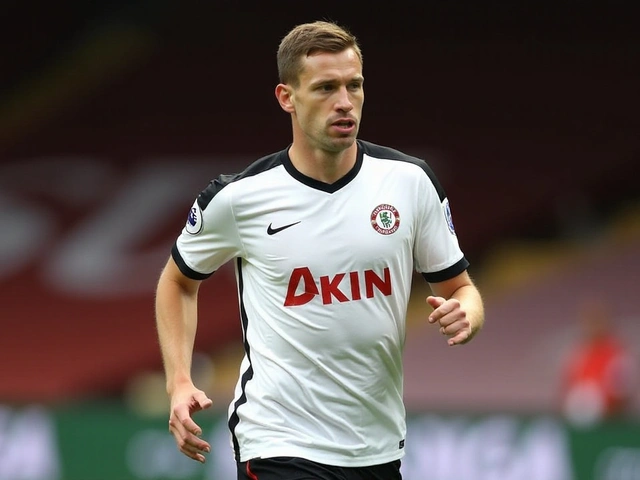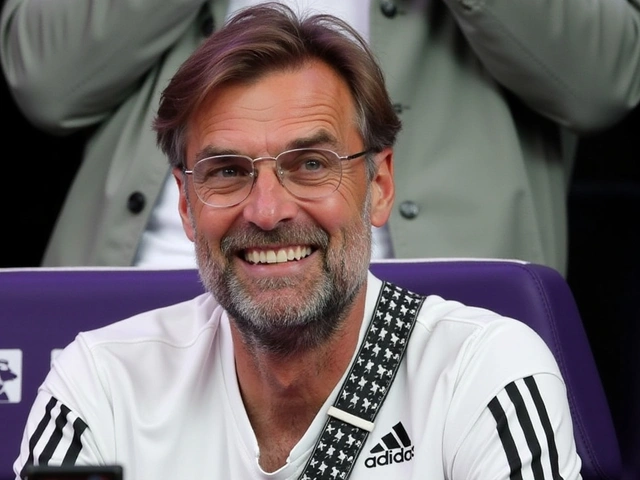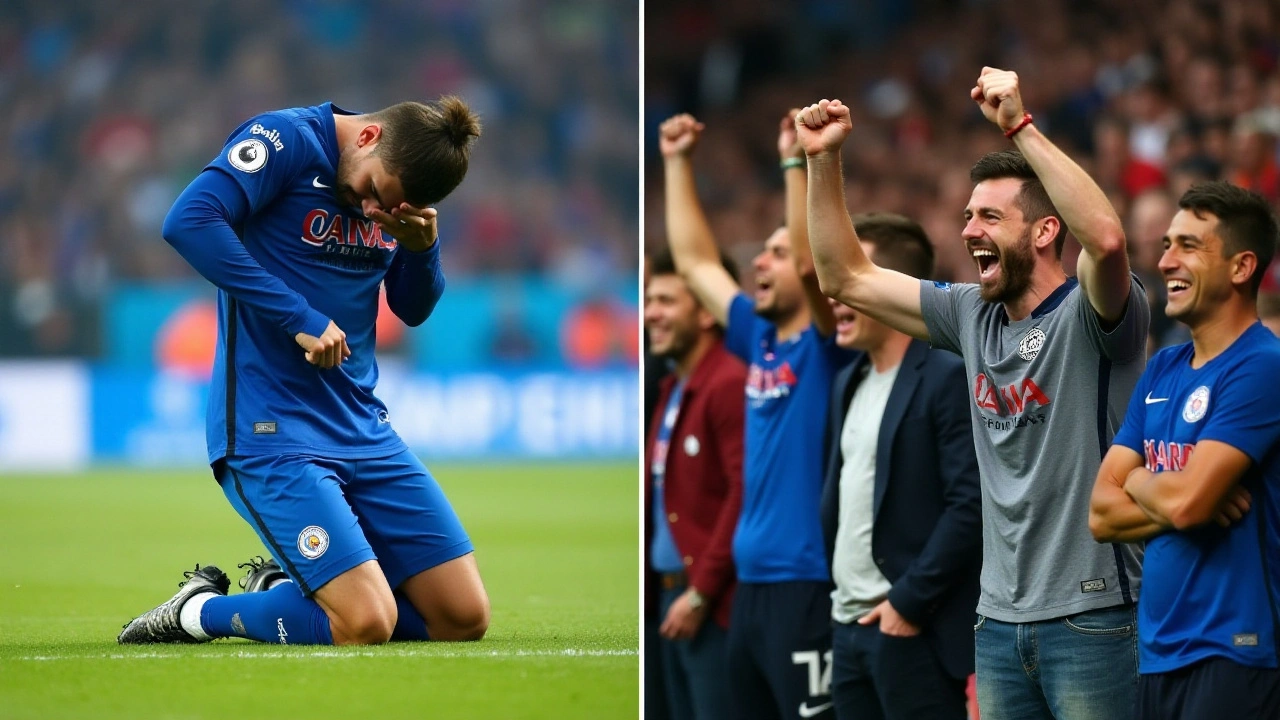
Introduction to the Minnows in Champions League
In the glamorous world of the UEFA Champions League, where dreams are made on the grandest stage of European football, there is often an unspoken narrative. Amidst the roar of crowds and dazzling displays of skill, there are smaller football clubs often referred to as ‘minnows’ navigating uncharted waters. These clubs, while strong contenders in their respective domestic leagues, find themselves dwarfed by the behemoth clubs that dominate European football. For the minnows, participation in the Champions League is a double-edged sword that offers both the thrill of competition and the weight of insurmountable challenges.
The Financial Burden of Competing with Giants
Competing in the Champions League is not merely about sporting prowess; it entails a massive financial commitment. Smaller clubs facing the giants of European football often encounter a harsh financial reality. Partaking in this elite competition means confronting the substantial costs associated with traveling across the continent for fixtures, frequently to well-known venues such as Anfield or the Santiago Bernabéu. These expenses stack up, covering everything from logistics to accommodation and travel allowances for an expanded squad size, all vital to match the competitive rigors of the league.
While many would assume that the revenues from such an illustrious competition would offset these expenditures, it is rarely the case for the minnows. These clubs often receive a fraction of the television rights and sponsorship deals compared to the competition's heavyweights. This income disparity plunges the minnows into financial strain, as they struggle to balance their books against the backdrop of ambition and expectation. Despite their best efforts, competing at this level without potentially gambling their financial security becomes a formidable task.
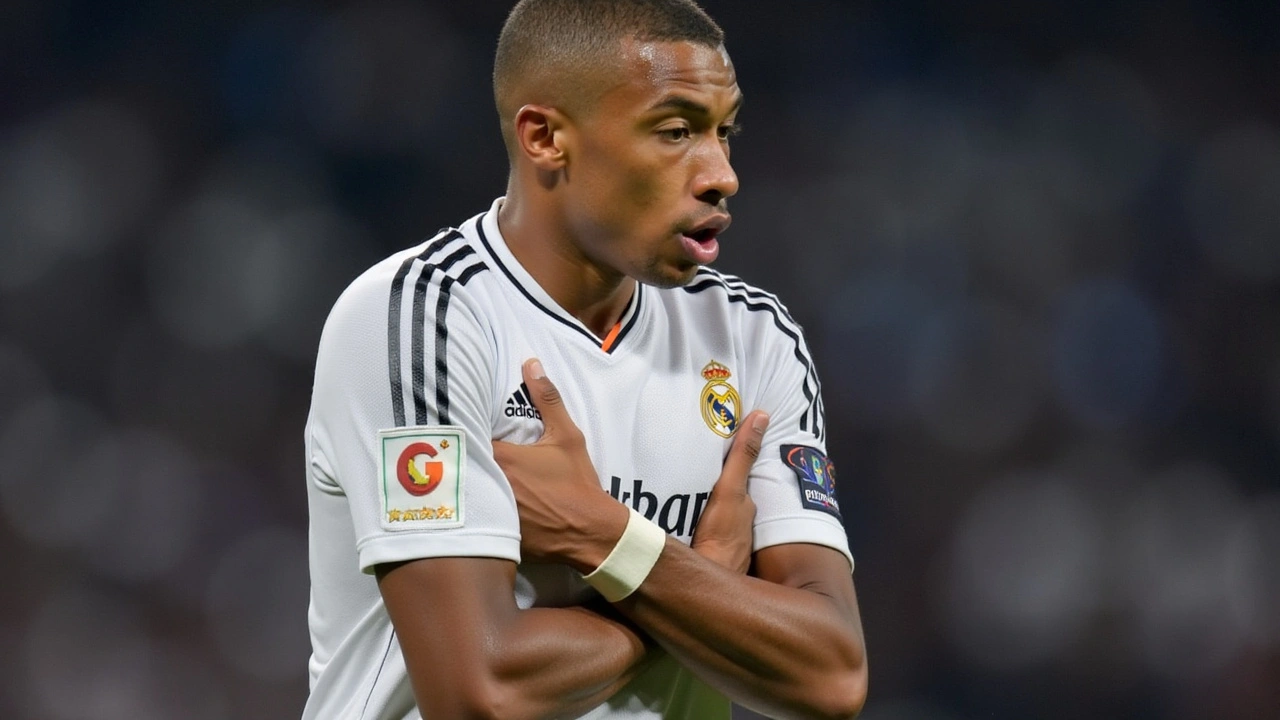
The Competitive Gap: Staying Afloat Amidst Giants
The disparity is not only financial but also stark within the pitch lines. When smaller clubs qualify for the Champions League, they are mostly lauded for their domestic success, but the story changes as the tournament progresses. Facing off against football clubs that possess vast resources, greater manpower, and elite players, the gulf in quality is striking. Encounters usually result in lopsided matches that not only mask the talents of these minnows but can also be humiliating to experience.
Such challenging circumstances sap the morale of teams that are getting up to speed. Regular encounters with some of the continent’s football titans can be an arduous sinking feeling, especially when results do not work in their favor. For players and staff confronted with frequent defeats, despite their best preparations and efforts, it becomes difficult to maintain high spirits for both supporters and the organization. This atmosphere of expected defeat or struggle takes its toll, resulting in psychological stress and hindering potential talent growth.
The Pressure to Perform and Mental Health Considerations
Adding to the financial and competitive challenges, the overwhelming pressure to perform upsets the delicate balance of mental and emotional sustainability within these clubs. The expectations placed on players and staff are enormous, as supporters want their clubs to punch above their weight amidst an arena of established football legends. This intense pressure can reflect negatively on their mental health. When clubs can't keep up with these expectations, the internal atmosphere can breed dissatisfaction, anxiety, and burnout, affecting not just performances but livelihoods too.
Various stakeholders, including players, coaches, and managers, have at times publicly acknowledged the mental strains of competing at such levels without adequate resources. Mismanagement of these pressures has at times led to poor on-field performances, unhealthy team dynamics, and in extreme cases, contributors exiting the sport. The well-being of these professionals must be a focal point if the Champions League wishes to uphold its reputation as a pinnacle of football competition, promoting both excellence and sportsmanship.
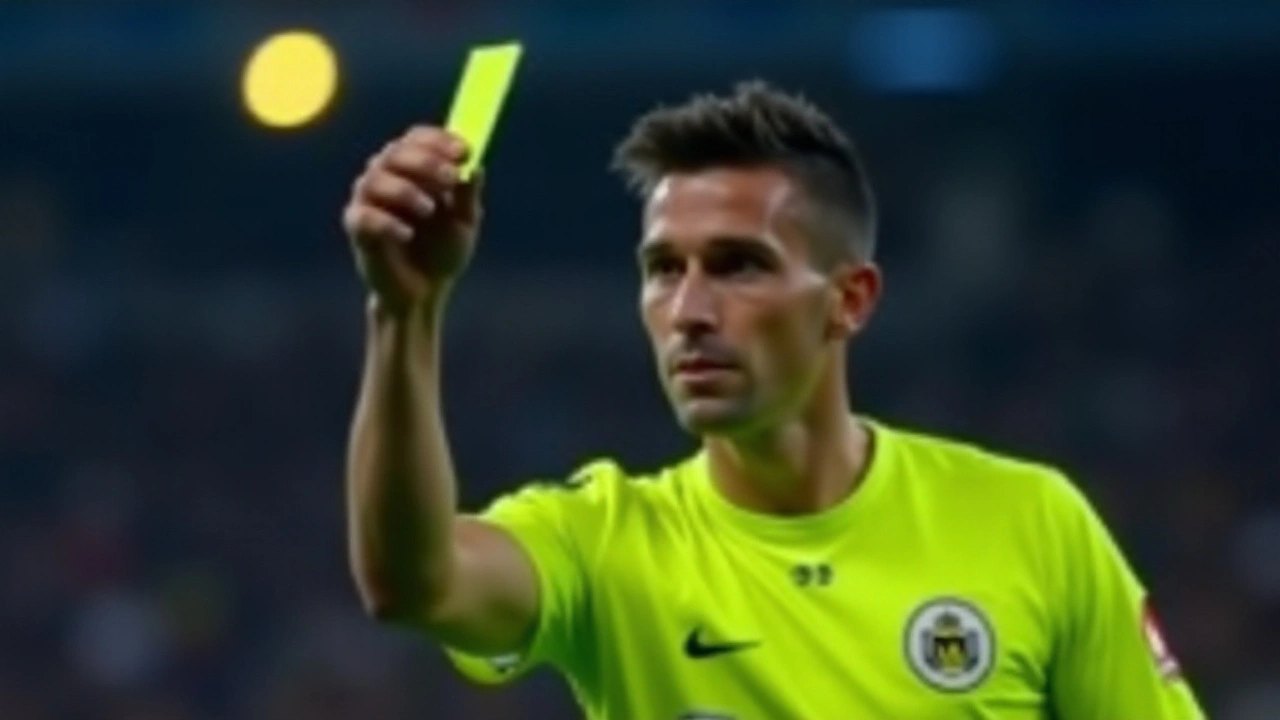
Rethinking a Fairer Competition Model
The narrative discussed here is not new, yet solutions remain scant. While teams participating in the Champions League hold onto the dream of showcasing their might on an international platform, stakeholders must acknowledge the realities these clubs face. It is imperative to deliberate measures and implement a more sustainable framework promoting fairness. Ideas such as revenue redistribution, greater competitive outreach, and thoughtful scheduling changes have been brought forth but need substantial consensus and immediate action.
Imagine a scenario where these aspiring clubs grow without facing the potential for financial despair. The landscape of European football would exponentially benefit, with added competitive textures and talents flourishing from clubs that once could harbor only dreams. Propelling forward requires collective ownership by stakeholders, supporters, and governing bodies to cultivate a network not starved by financial ruin or hindered by stiff competitive barriers. It is not just a spirited chant; it is action that speaks volumes.
Conclusion: From Dream to Reality
Participation in the UEFA Champions League is indeed a dream for smaller clubs, one that has the potential to transform into a reverie. The challenges these minnows encounter are stark and multifaceted. But carving a place where they can thrive involves more than just fortitude, it's about creating an ecosystem where every club, regardless of its purse strings or historical pedigree, has an equal shot at glory. Therefore, tackling the core issues with intent could bridge this chasm. For amidst tales of valiant resilience lies an opportunity to redefine a truly inclusive and competitive European football landscape.

